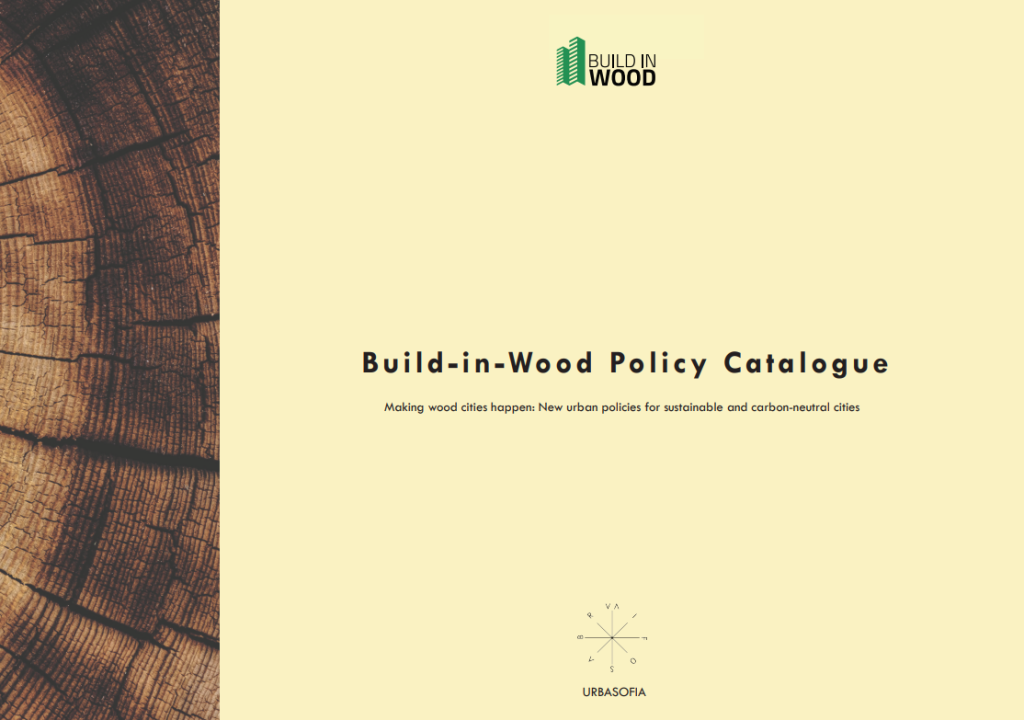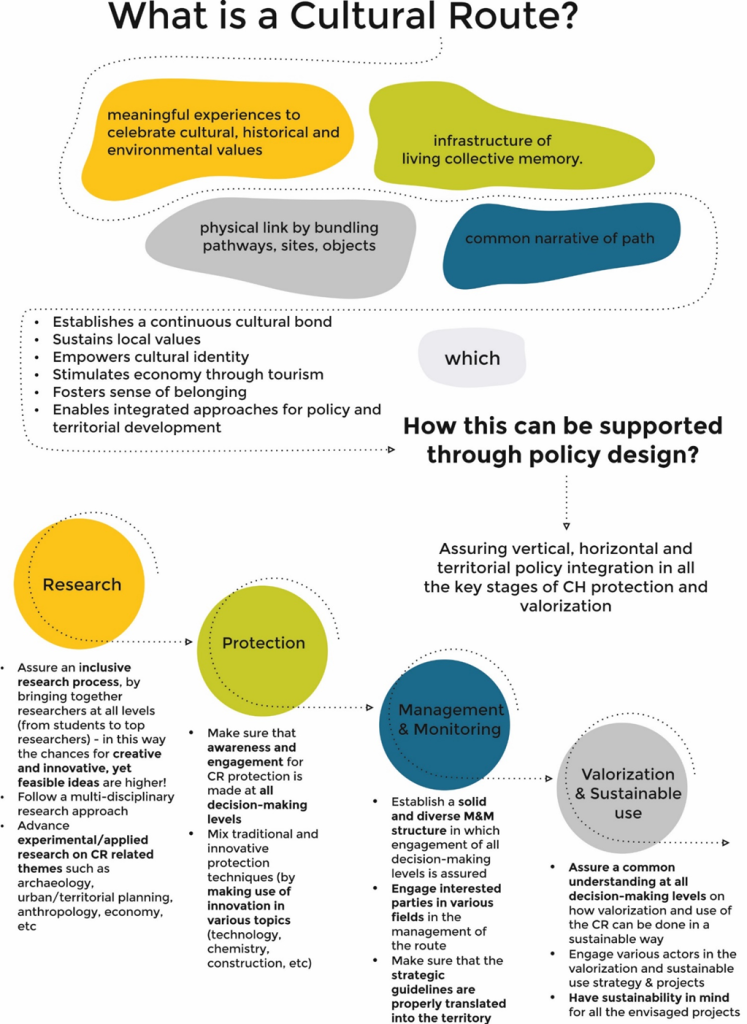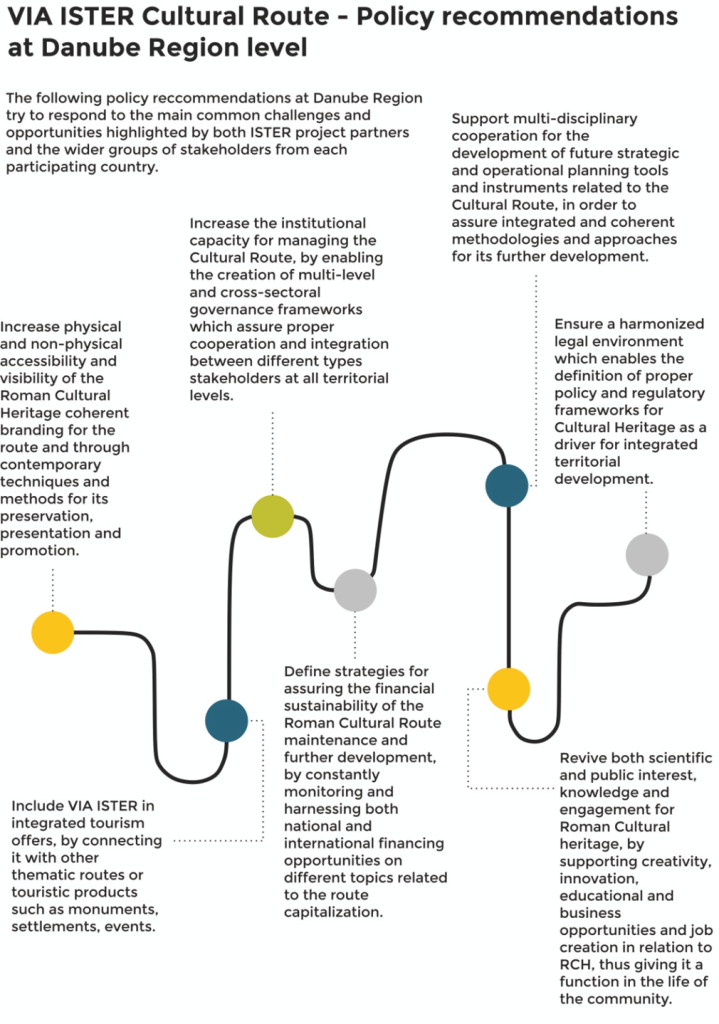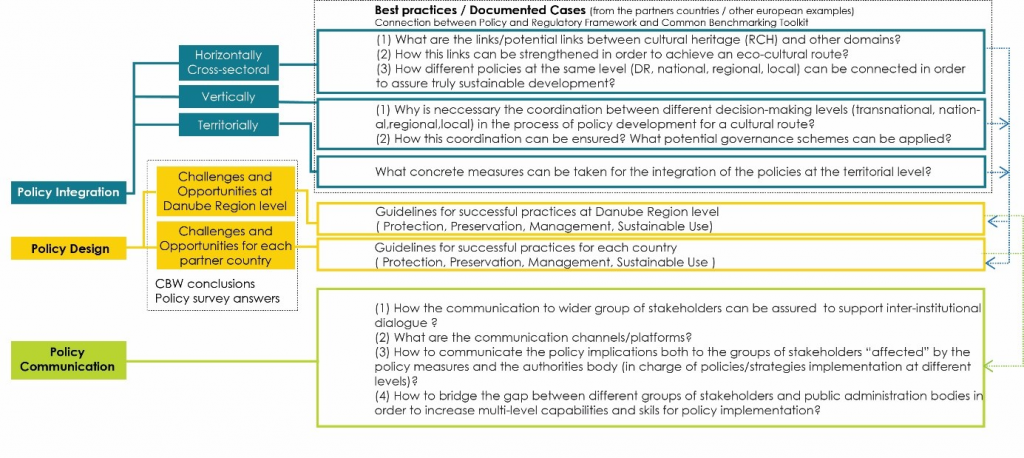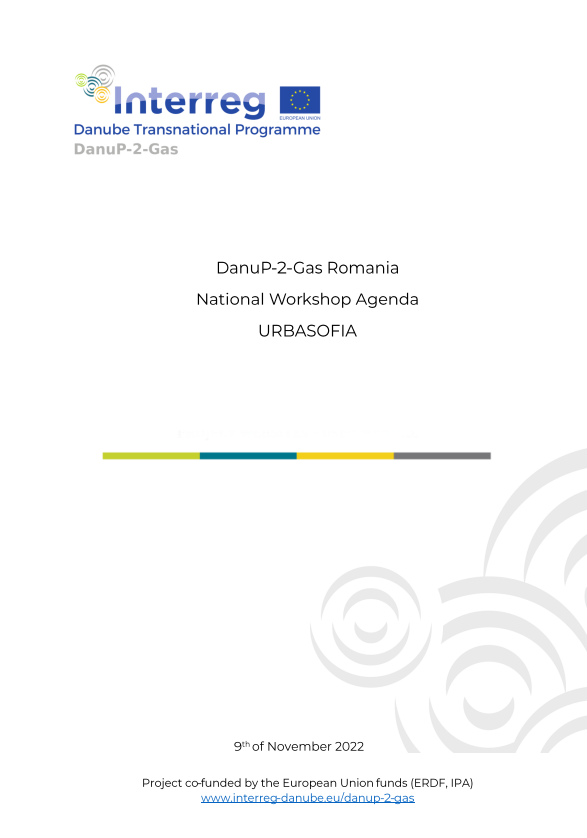INCA
Call: HORIZON -CL2-2021-DEMOCRACY-01 (Protecting and nurturing democracies)
Topic: HORIZON-CL2-2021-DEMOCRACY-01-02
Type of action: HORZION – RIA
Proposal number: 101061653
Proposal acronym: INCA
Proposal title: INcrease Corporate political responsibility and Accountability
Type of Model Grant Agreement: HORIZON Action Grant Budget-Based
Project duration: 42 months ( 0.2022 – 03.2026)
Project budget: € 2 999 991,25

Abstract
INCA project investigates the impact that digital platforms, so-called GAFAM (Google, Amazon, Facebook, Apple, and Microsoft), have on European democracies, institutions, and public opinion.
INCA aims to define forms to sustain trust in institutions and new models of governance capable of combining the growth of platforms with social inclusion and citizens participation in decision-making processes by focusing on the application of stakeholder engagement methodologies in three different contexts (Bucharest, Bologna, and Barcelona) towards the creation of the Open Innovation Labs. The project also aims to stimulate alternative business models and industrial relations so as to make GAFAM and platforms accountable to social fairness while preserving their innovation. The main goal of this project is to clarify the GAFAM influence on European citizens’ opinions conditioning the democratic process.
In the end, INCA is not only a research project, but it is also as well a political project with the ambition to create a Think Tank that will examine the evolving relationships between GAFAM, politics, and society, and will organize several cultural activities aimed at and keeping alive critical thinking of citizens.
URBASOFIA’s Role
Within the INCA project, URBASOFIA is involved in several work packages. In Work Package 7, URBASOFIA focuses on mapping local communities of citizens and key stakeholders to be actively involved in the development of Bucharest Open Innovation Lab (OIL), organizing interviews, focus groups, and further activities to set up the Lab. Under Work Package 10, UBASOFIA will constantly engage in communication and dissemination activities at both national and transnational levels.

